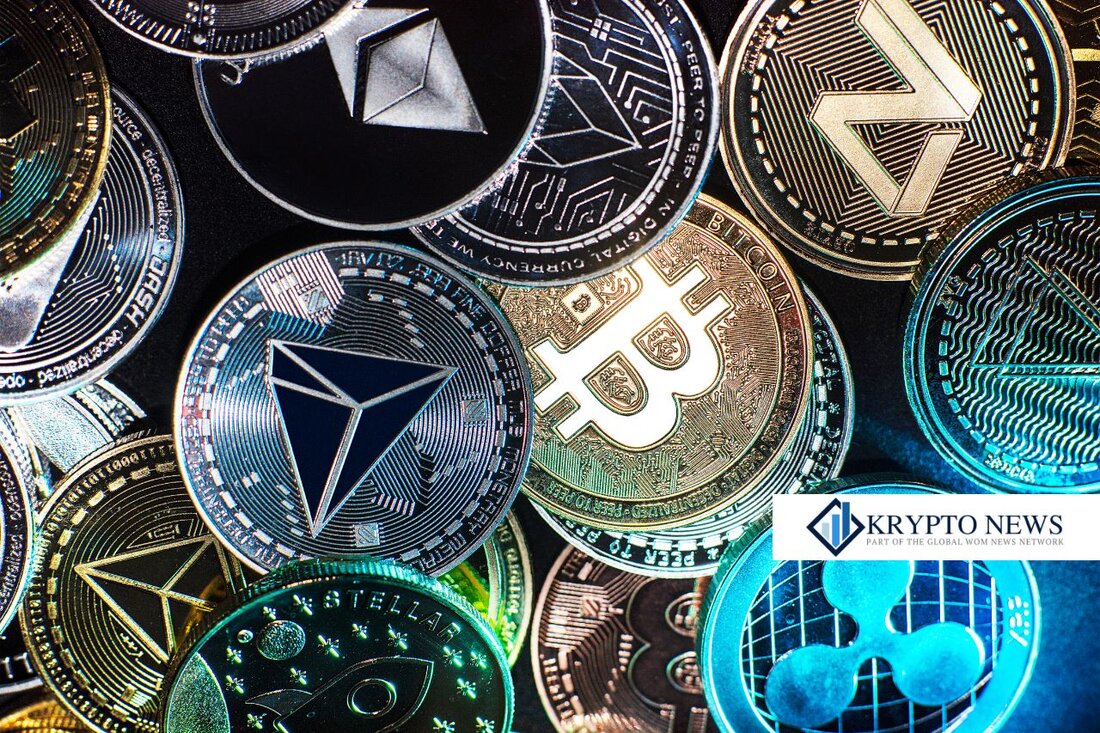South Korea's central bank relies on strict regulation of stablecoins in the financial system
South Korea and Stablecoin Regulation: A Look at Developments The South Korean central bank intends to ensure close regulation of the integration of stablecoins into the national financial system. This announcement was made on Tuesday by the Deputy Governor of the Central Bank. Stablecoins, digital currencies tied to a stable asset base such as a fiat currency or commodities, are gaining importance worldwide. They offer advantages in terms of transaction speed and efficiency, but also bring challenges in terms of regulation and financial stability. South Korea's central bank has recognized the need for careful monitoring and regulation to address potential risks to the financial system...

South Korea's central bank relies on strict regulation of stablecoins in the financial system
South Korea and the regulation of stablecoins: A look at the developments
The South Korean central bank intends to ensure tight regulation of the integration of stablecoins into the national financial system. This announcement was made on Tuesday by the Deputy Governor of the Central Bank.
Stablecoins, digital currencies tied to a stable asset base such as a fiat currency or commodities, are gaining importance worldwide. They offer advantages in terms of transaction speed and efficiency, but also bring challenges in terms of regulation and financial stability.
South Korea's central bank has recognized the need for careful monitoring and regulation to minimize potential risks to the financial system and increase consumer confidence. This could be done through clear guidelines and frameworks that promote both innovation and security.
A proactive stance from the central bank could help align South Korea's financial ecosystem with international standards and prepare for future developments in the digital currency space. In this context, it is crucial that all players in the market, including companies and consumers, are informed about the regulatory framework and included in the discussion.
The developments in South Korea reflect a growing global interest in regulating stablecoins. Many countries face similar challenges and need to find appropriate strategies to regulate the use of digital currencies without hindering innovation.
Overall, the position of the South Korean central bank shows that appropriate regulation can make a significant contribution to the stability of the financial system. The coming months will be crucial in observing how the regulatory framework develops and what impact it will have on the stablecoin market.

 Suche
Suche
 Mein Konto
Mein Konto
